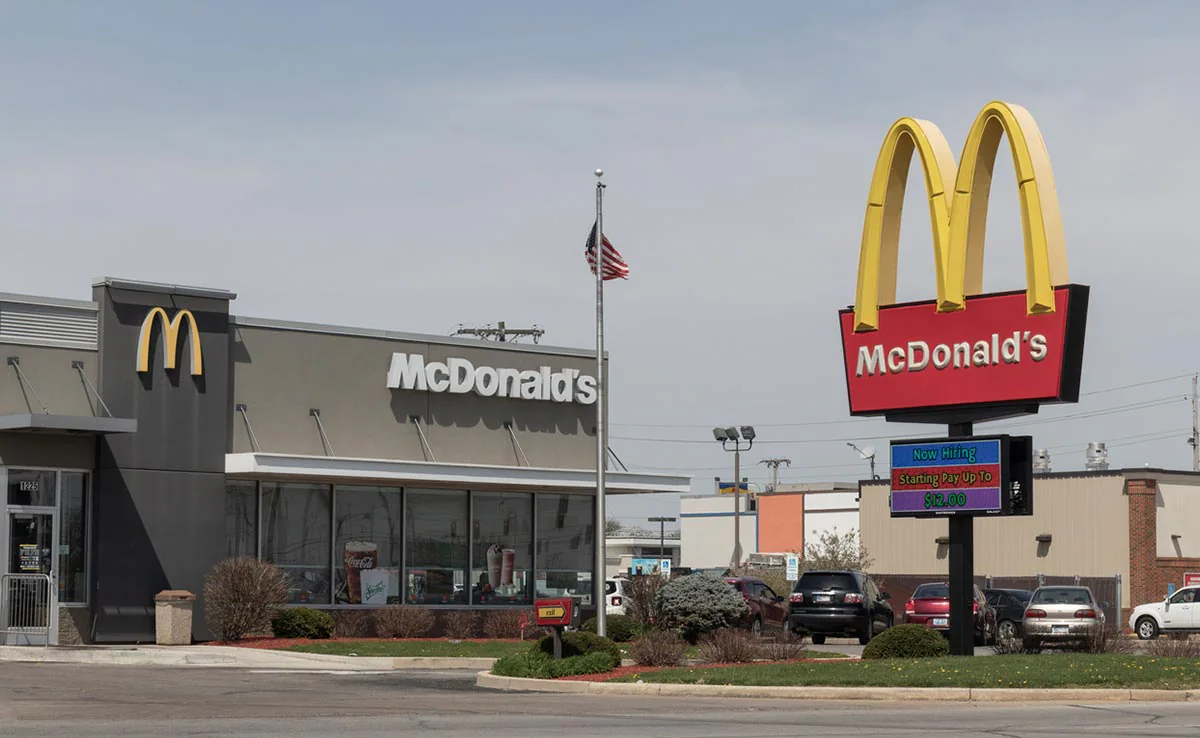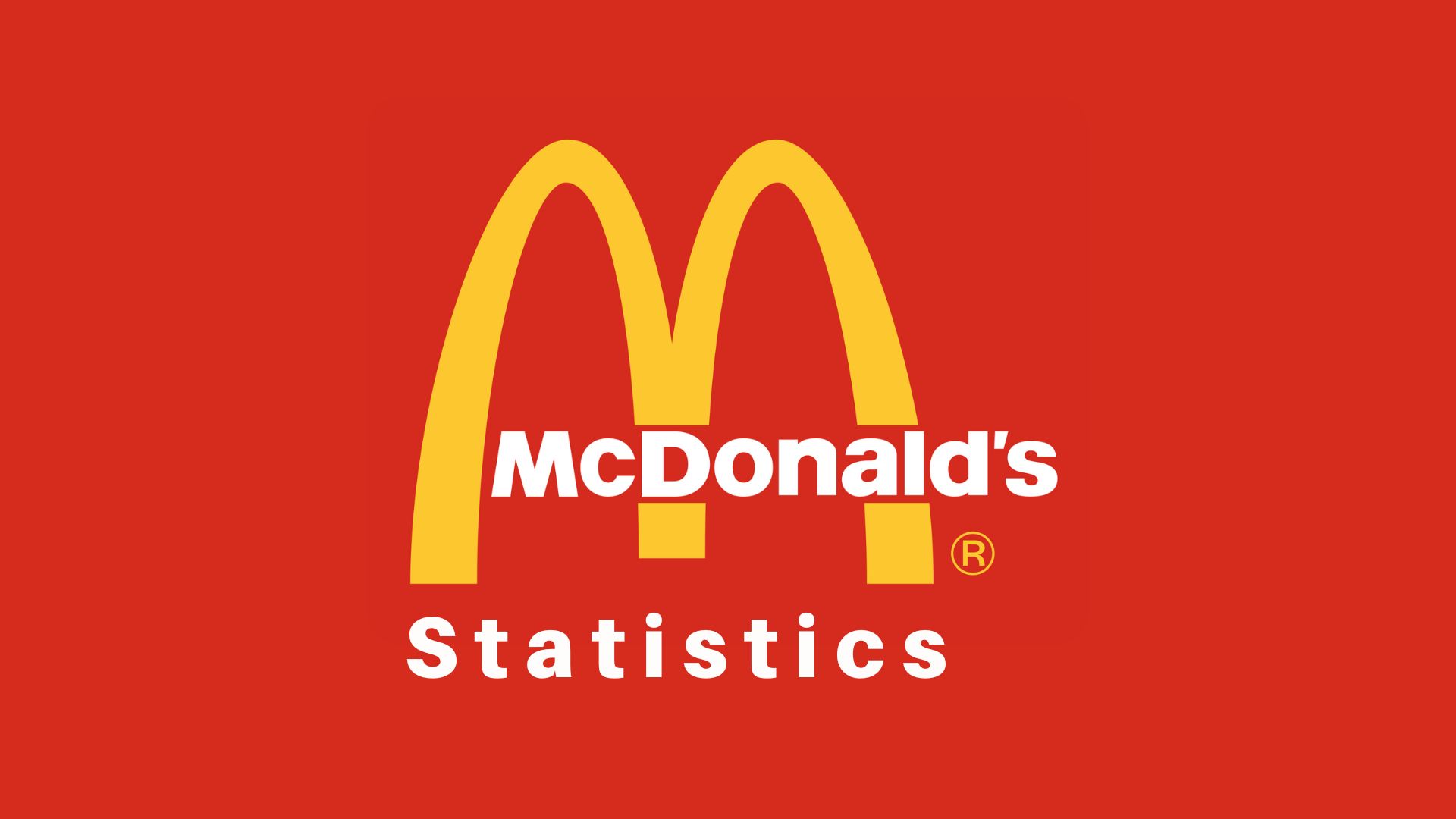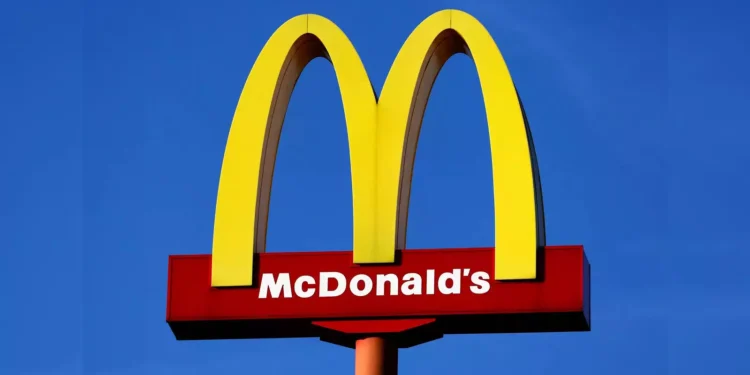In the swirl of social media and headlines, it’s easy to get caught up in sensationalism—especially when it involves a staple of American fast food like the Big Mac. The recent uproar over an $18 Big Mac meal grabbed headlines, but McDonald’s is now setting the record straight, emphasizing that this was an outlier and not reflective of their typical pricing structure.

The Viral $18 Big Mac Incident: An Exception, Not the Norm
McDonald’s U.S. President Joe Erlinger addressed concerns raised by a viral post last summer which claimed a Big Mac meal in Connecticut cost a whopping $18. Erlinger clarified that this price was “an exception” and far from the average cost.
According to McDonald’s, the actual current average price of a Big Mac meal in the U.S.—which includes the iconic burger, fries, and a drink—is $9.29. This aligns with their ongoing commitment to affordability, particularly given that franchisees, who own and operate 95% of McDonald’s locations in the U.S., are largely responsible for setting prices.
Debunking Myths: The Facts on Big Mac Pricing
Amid claims that the price of the average Big Mac has doubled since 2019, Erlinger was quick to provide accurate figures to debunk these myths.
In 2019, the average U.S. Big Mac cost was $4.39; it has since risen to $5.29, marking a 20.5% increase—not the doubling that some reports have suggested. This increase, while significant, is relatively modest compared to other economic inflations.

Beyond the Big Mac: A Look at Other Price Increases
It’s not just the Big Mac seeing a price hike; other staples like medium fries have experienced sharper rises, from $2.29 in 2019 to $3.29 now, which is a 44% increase. Overall, McDonald’s has reported a 40% increase in the average price of all menu items over the past five years, citing rising costs in labor, paper, and food. This outpaces the general consumer price inflation, which stands at 21% since December 2019.
Adapting to Economic Pressure: McDonald’s Strategic Moves
Facing a dip in in-store traffic in early 2024, attributed to inflation impact, McDonald’s is not standing by idly. The company has acknowledged the economic pressures on consumers and is gearing up to launch more financially accessible options.
Next month, a new $5 meal deal is set to roll out across the U.S., including a sandwich, a four-piece McNugget, small fries, and a small drink. This move underlines McDonald’s strategy to remain competitive and attentive to consumer needs, focusing heavily on value and affordability.

Staying Grounded in Consumer Commitment
In his statement, Erlinger expressed the company’s dedication to transparency and customer satisfaction, noting, “For a brand that proudly serves nearly 90% of the U.S. population every year, we feel a responsibility to make sure the real facts are available.”
This sentiment reflects McDonald’s broader goal to maintain trust and loyalty among its customer base by offering value through quality and affordable pricing.
In an era where viral stories can often distort reality, McDonald’s efforts to clarify its pricing policies underscore the importance of discerning the facts and acknowledging the broader economic landscape influencing pricing strategies.
As consumers, understanding the context behind price changes is crucial, and McDonald’s is taking significant steps to ensure this transparency.










